by P.J. Burns | May 13, 2022 | Biz Tips
Hiring individuals that fit into your company culture has always been important, but now with national unemployment at historic lows, choosing employees that are most likely to stick around is crucial.
How can you improve your current hiring practices to be sure that you are getting the right fit for your organization?
It starts with you defining, understanding, and then communicating the values of your organization. If you can find employees whose values align with the values of your company, it increases the likelihood that they will stay with the organization and help it to grow.
What are company values?
As a definition, company core values are the clearly stated principles about the organization’s vision, mission, and principles. So, what are the values of your organization? You or the leadership in your business may have already defined the company values. They may be hanging up on the wall or stated at the top of the “About Us” page of your company website. If these values are communicated and demonstrated by the leadership team, it is likely that everyone is aligned around a guiding philosophy to serve employees, customers, and the broader community.
What’s the difference between values and culture?
Values often double as the definition of company culture. In many ways, values and culture are synonymous. They’re both about the higher aspirations of a company. The result is fundamental to a company’s identity. Forty-six percent of job seekers cite company culture as very important when they consider potential employers and 88 percent say it’s at least relatively important.
How can you determine if the personal values of job candidates align with your company values and culture?
Ask open ended questions that call for an example of past performance. How someone acted in the past is the best predictor of future performance. Identify your company’s most important values, then craft questions that ask the candidate to briefly describe a situation, summarize their role or action, and the result of their action. For example:
- If your company values quality of service or product, you might ask an applicant to describe a time in their career where they discovered a better way of doing something that improved the quality of the product or service offered by their company. Or ask them to describe something they did during previous employment that made them most proud, and why.
- If your company values customer service (internal and external), ask the applicant to describe a time where they went above and beyond to help a customer or coworker. Ask them why they did that or what the result of their effort was.
- If you value initiative and want employees that see what needs to be done and take action even when it is not specific to their job description, you might ask them to provide a specific example of when they took the initiative to complete a task or solve a problem that was outside of their job description or job title. Then follow up by asking them why they completed that task or solved the problem.
By asking open ended questions describing past behavior, you will learn how your applicant thinks, what they value, and you will be better able to ascertain if their values align with your company culture. Hiring the right person for not only the position and duties, but also the company culture, will increase the likelihood of their success in your organization and enhance the company’s performance and productivity.
Help is Available
If you have questions about your small business’ hiring procedures, your local Wyoming SBDC Network advisor is available to provide no-cost, confidential assistance. Get started today by clicking here.
About the Author: P.J. Burns is a Wyoming native and is passionate about helping small business succeed. She has spent the majority of her career advising and advocating for small business in her roles at chambers of commerce and economic development organizations. She has a background in marketing, human resources, strategic planning, leadership, and management. She and her family enjoy the many outdoor recreational opportunities that living in this great state provides.

